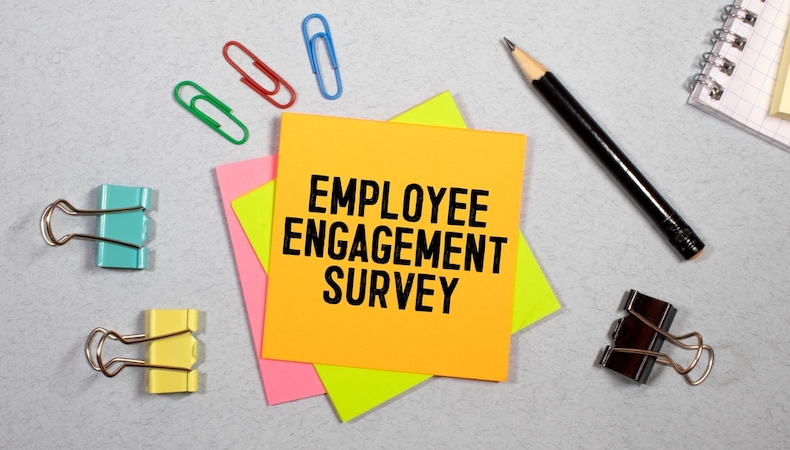Why reward and benefits will remain critical in 2024
The UK economy is expected to come under further strain next year. But that won’t stop the pressure on businesses to grow and find new ways to boost productivity.
Sitting in the middle of this challenge is a workforce that, according to research by Gallup, ranks 33 out of 38 in European countries for employee engagement.
The need to increase workforce performance and engagement will clearly be a top priority for employers in 2024.
But this won’t be straightforward, so Edenred recently asked 824 HR influencers what they see as the biggest challenges to employee performance next year.
We also asked what they are doing about it. Their answers show that rewards and benefits schemes that go beyond pay will be a more critical part of the mix than ever.
Employee financial wellbeing
The cost-of-living crisis remains the biggest concern for 51% of UK employers who are worried about the negative impact it is having on organisational performance. Almost half (48%) say it poses the single biggest threat to organisational performance.
There is clear concern that money worries are taking their toll on employees. Employers have received a higher volume of requests for support, with one in four saying they have received more requests this year for extra financial support.
All this has hit employee mental health and wellbeing and contributed to dips in organisational performance. Most employers (64%) have struggled to retain the people they need and 62% say employee morale has fallen.
In response, employers increased their support for employee financial wellbeing, with the focus on getting more money into people’s pockets. Seven in 10 employees gave staff a one-off payment to help with rising costs, while 60% increased wages and 34% introduced a shopping discount scheme.
More than half said they would like to do more to support employees through the cost-of-living crisis, but feel compromised by affordability.
Despite these limitations, employers say they plan to provide employees with extra support. The number of employers that plan to either increase pay (47%) or give staff a one-off payment (20%) has dropped, but this remains the most popular option.
In terms of non-monetary options, 22% plan to launch an employee assistance programme and 17% will offer financial advice.
Similarly, employers plan to make extra investments over the next six months to improve employee performance, with 55% investing in learning and development, 43% in employee health and wellbeing and 36% in motivation and morale.
Seeking people with the right skills
Although the skills shortage that has hit the UK economy for the last two years appears to be showing signs of easing, 64% employers anticipate this will continue to challenge business performance next year.
AI, new technology and business change are creating a need for new and different skills. In a tight recruitment economy 15% of employers say finding people with the right skills is the biggest challenge to performance.
As a result, one in six employers (58%) say they are planning to introduce recognition and reward initiatives to enhance employee retention. And 50% say they will introduce initiatives to foster a positive company culture.
Support employee health and wellbeing
A cost-of-living crisis, following fast on the heels of a pandemic has depleted staff resilience. One in four (43%) employers believe a concerted effort to boost wellbeing will improve employee performance. Almost one in six employers have put a plan in place to support wellbeing next year in response.
More than 50% of employers also plan to focus on improving work life balance, with a third saying they believe this will improve employee performance.
Looking at options
It’s clear from the research that employee financial wellbeing will continue to dominate discussions about employee performance in 2024. As financial wellbeing continues to adversely affect employee performance, HR will need to explore a wider range of options to retain, motivate and engage staff.
When employees feel valued they are more likely to feel motivated at work, show higher levels of performance and are less likely to seek alternative employment.
Employee discount schemes and targeted support to pay for everyday costs such as energy bills and groceries have already increased in popularity as a means to help staff with inflated costs outside of a pay increase.
Now is a good time for employers to look beyond pay at all the ways they can show they value staff and appreciate the contribution they make.
Supplied by REBA Associate Member, Edenred
We help you build stronger connections with your employees to drive higher engagement&performance.








